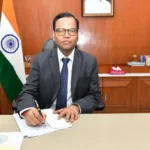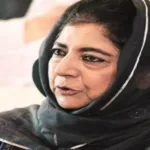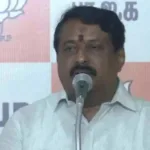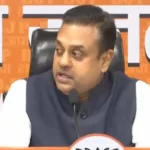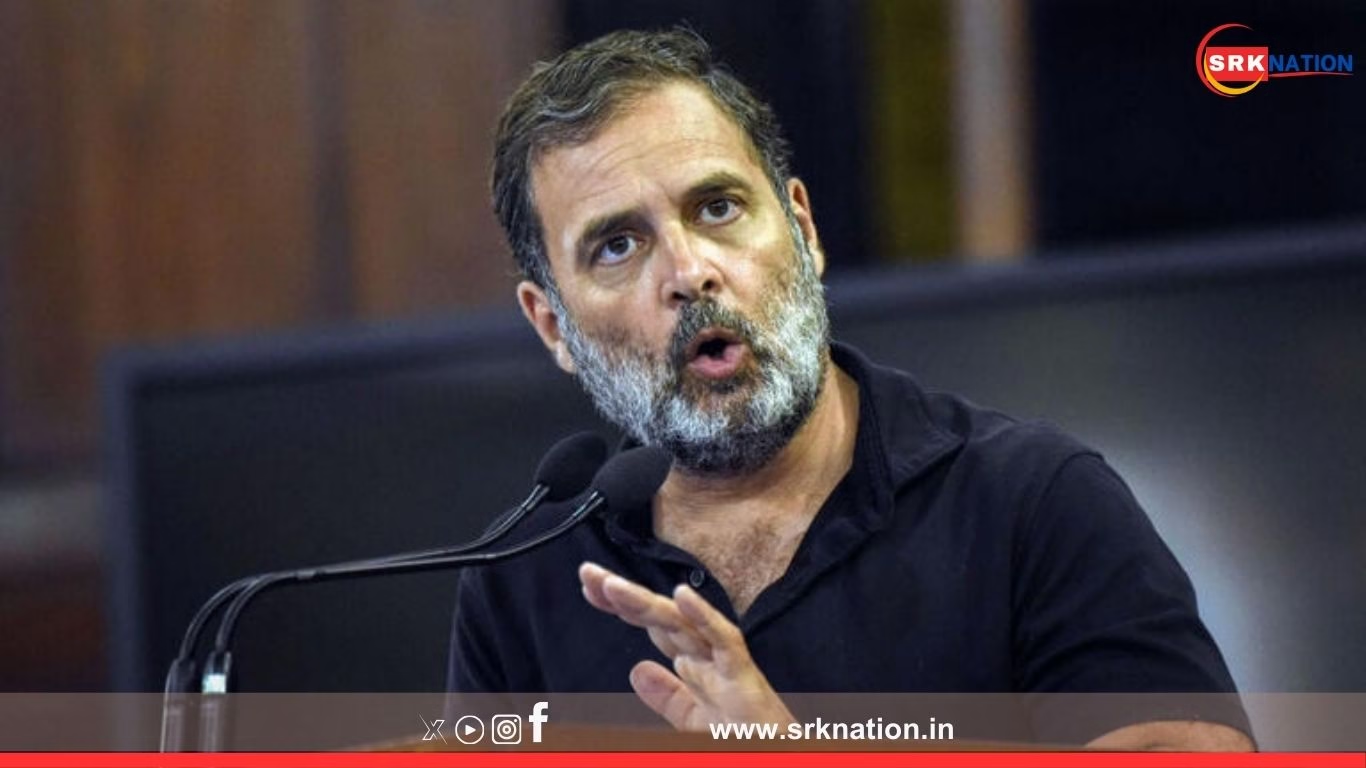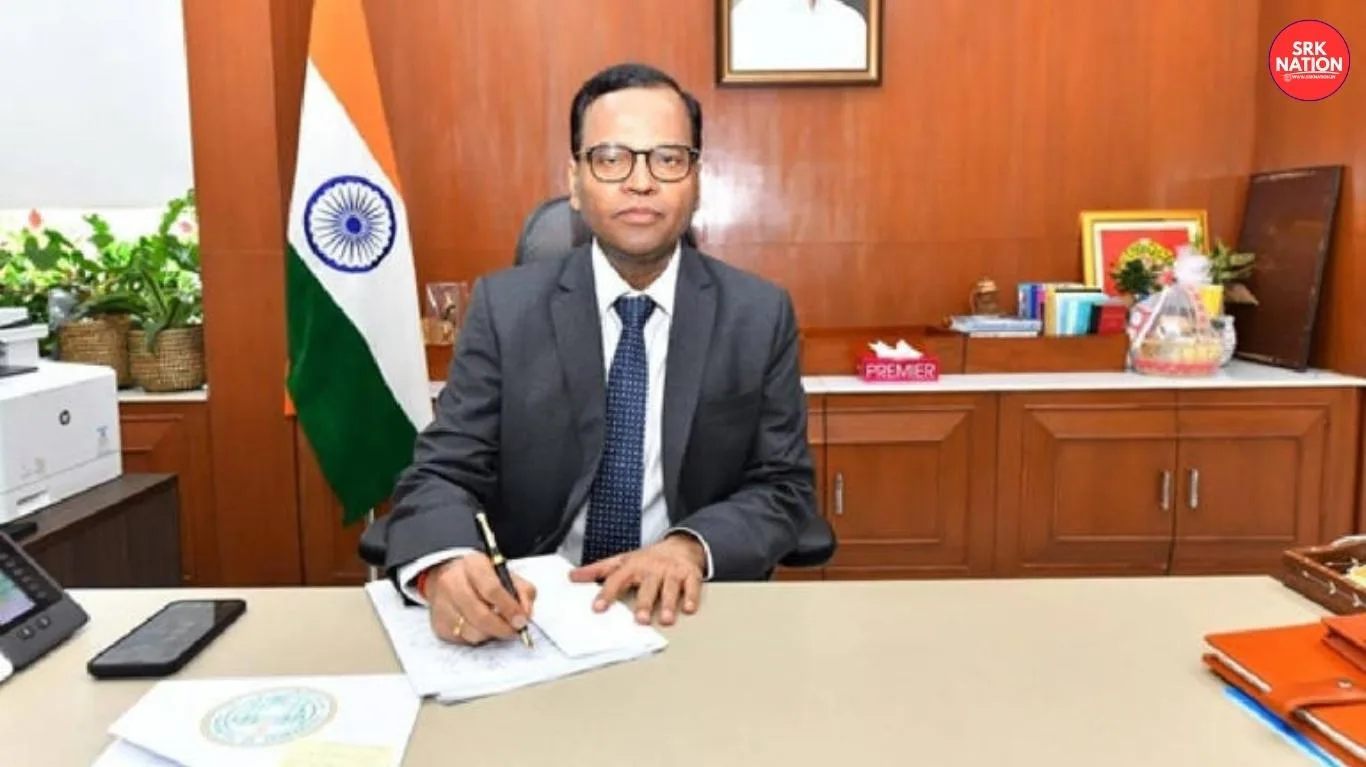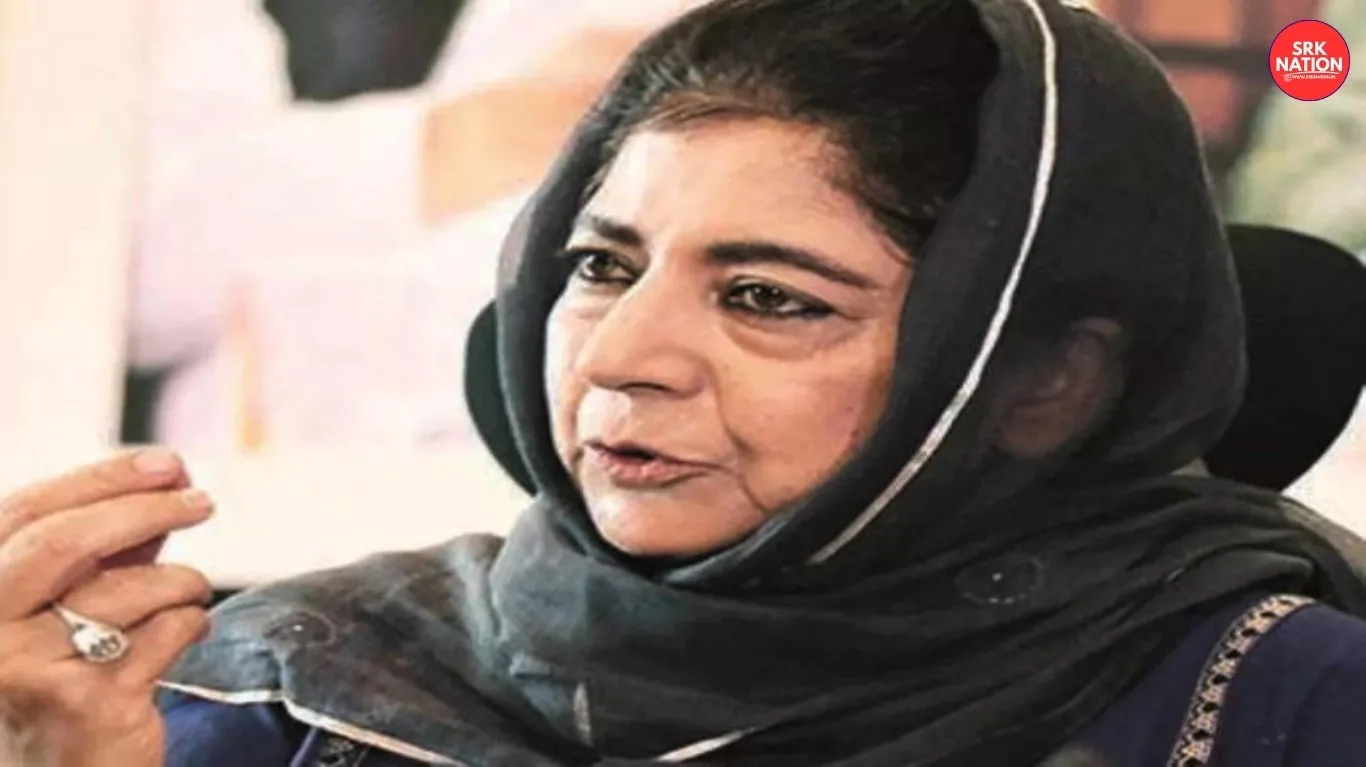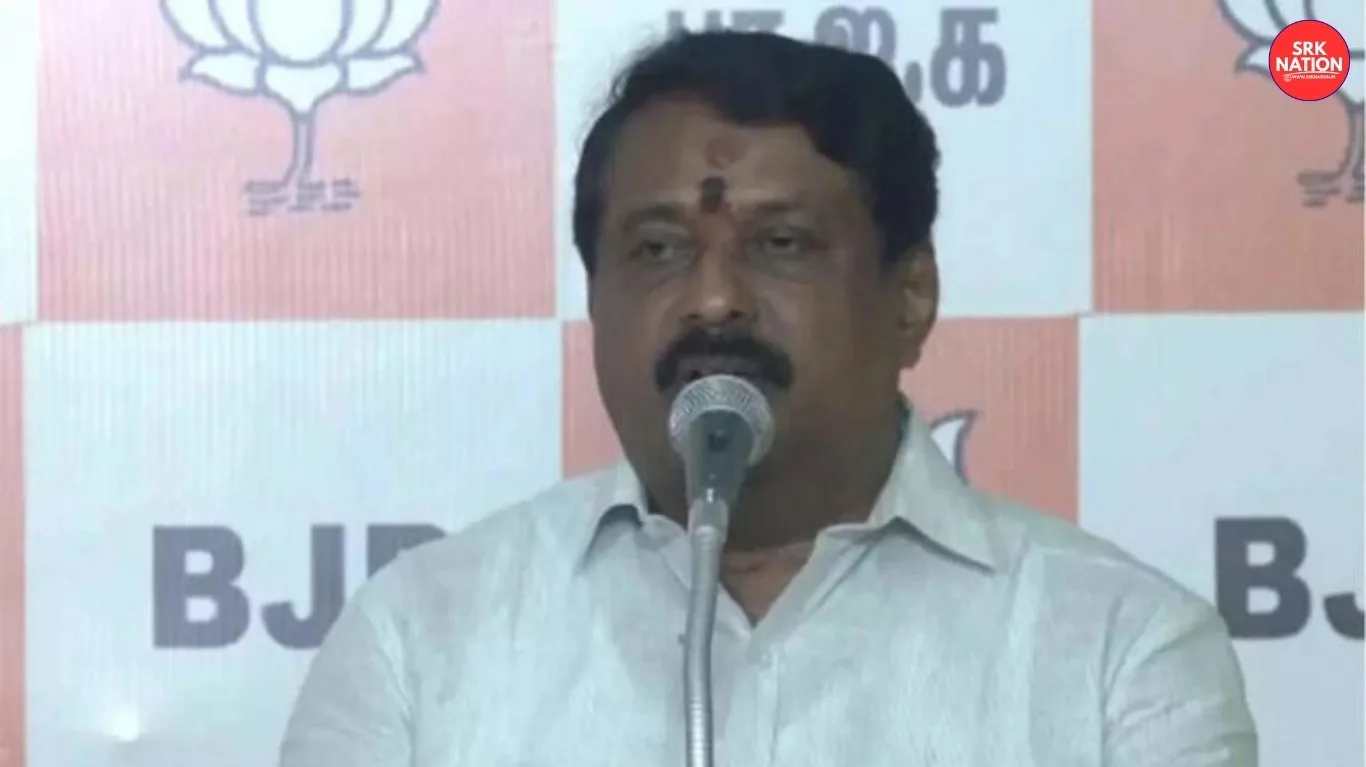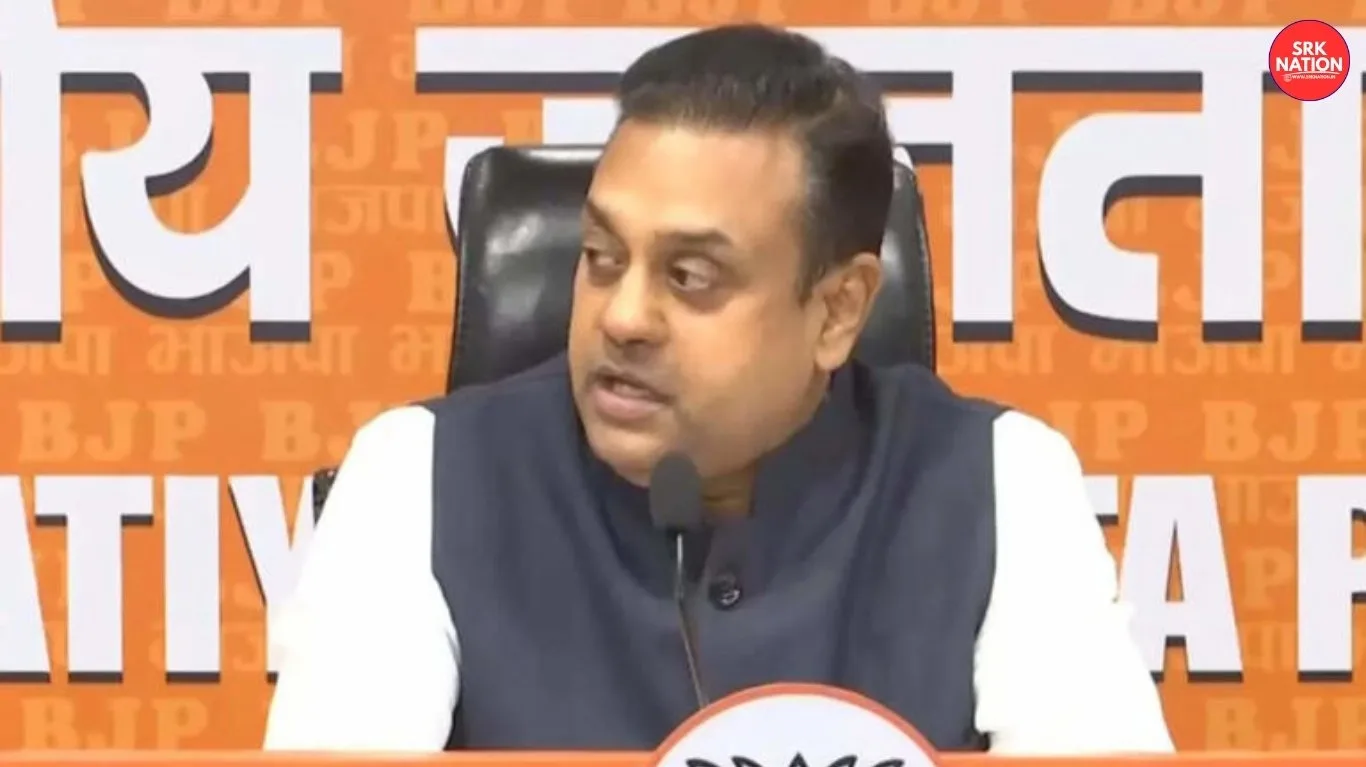A fresh political storm has erupted in India after a Public Interest Litigation (PIL) was filed in the Supreme Court seeking a Special Investigation Team (SIT) probe into Congress leader Rahul Gandhi’s explosive allegations of “vote chori” against the Election Commission of India (ECI). The PIL has ignited a nationwide debate, with questions being raised on electoral integrity, transparency, and the credibility of constitutional institutions.
The core of the controversy
Rahul Gandhi, in his recent remarks, accused the Election Commission of failing to conduct free and fair elections. His comments, widely referred to as the “vote chori” allegations, suggested that irregularities and manipulations may have influenced results in key constituencies. The Congress leader further asserted that the people of India had been “betrayed” by the very system meant to safeguard democracy.
The PIL, filed by an independent petitioner, argued that such serious charges from a senior opposition leader cannot be ignored. It demanded that the Supreme Court constitute an SIT to probe into Gandhi’s allegations and verify whether lapses occurred during the recent elections.
Supreme Court’s involvement
The Supreme Court has admitted the PIL for preliminary hearing, and notices may soon be issued to the Election Commission and the Union Government. Legal observers say this case could have far-reaching implications, as it places the credibility of the election watchdog under judicial scrutiny.
The petitioner claimed that only an impartial probe by an SIT, independent of political influence, can restore public confidence. The PIL also highlighted that allegations of “vote theft” strike at the very foundation of democracy and must be addressed transparently.
Political reactions to the PIL
The PIL has already triggered strong responses across the political spectrum.
- Congress leaders defended Rahul Gandhi’s allegations, stating that his concerns echo the sentiments of millions of voters who feel disenfranchised. They demanded structural reforms in the electoral system, including greater transparency in EVM functioning and counting procedures.
- BJP leaders, however, dismissed the allegations as baseless and politically motivated. They argued that Gandhi was attempting to undermine democratic institutions after facing electoral setbacks. According to the ruling party, the Supreme Court’s intervention should expose what they termed “Congress’s false propaganda.”
- Regional parties took a mixed stance. Some, like the AAP and TMC, expressed cautious support for greater electoral transparency, while others accused Congress of using the issue for political mileage.
Electoral credibility in spotlight
The controversy places the Election Commission of India, one of the most trusted constitutional bodies, in an unprecedented situation. For decades, India’s elections have been regarded globally as a model for large-scale democratic exercises. However, allegations of malfunctioning EVMs, voter suppression, and weak monitoring have occasionally surfaced.
Political analysts believe this PIL may force a serious re-examination of India’s electoral framework. If the Supreme Court orders an SIT probe, it could result in comprehensive reforms, including enhanced safeguards, independent audits, and stronger mechanisms for voter grievance redressal.
Timeline of the ‘Vote Chori’ row
| Date/Period | Event/Development |
|---|---|
| Recent elections | Rahul Gandhi alleged “vote chori” and irregularities in polling and counting |
| Following week | Heated political debate with opposition backing his claims |
| Shortly after | PIL filed in Supreme Court seeking SIT probe into allegations |
| Current status | SC admits PIL for initial hearing; notices expected to EC and Centre |
Possible scenarios if SC orders SIT probe
| Scenario | Likely Outcome |
|---|---|
| SIT finds irregularities | Could lead to electoral reforms, stricter laws, and accountability measures |
| SIT finds no basis for allegations | Strengthens credibility of Election Commission and weakens opposition’s claims |
| Mixed findings | May lead to partial reforms, but political blame game likely to continue |
| SC rejects plea | Opposition may intensify campaigns questioning EC’s role |
Broader implications for Indian democracy
- Public Trust: Allegations of “vote chori” directly challenge the faith of citizens in democratic processes. Restoring this trust will be crucial, irrespective of the legal outcome.
- Judicial Oversight: If the Supreme Court chooses to intervene deeply, it may set a precedent for judicial scrutiny of electoral processes in the future.
- Political Impact: The controversy provides opposition parties a rallying point against the BJP-led government, while the ruling party may attempt to portray it as an attack on institutions.
- Electoral Reforms: Debates on mandatory paper trails, stricter monitoring of EVMs, and expanded voter education could gain momentum.
Global perspective on election controversies
Election disputes are not unique to India. Democracies worldwide have faced allegations of electoral manipulation, but most have relied on independent probes to maintain credibility.
| Country | Controversy | Resolution |
|---|---|---|
| USA (2020) | Allegations of voter fraud | Multiple court rejections, official audits |
| Kenya (2017) | Presidential election annulled | Supreme Court ordered fresh polls |
| Venezuela (2018) | Allegations of rigged elections | Widely criticized internationally |
| India (2024) | “Vote chori” allegations | Pending PIL in Supreme Court |
Rahul Gandhi’s strategy
Political observers say Rahul Gandhi’s aggressive stance is part of a broader strategy to reassert Congress as the main challenger to the ruling party. By directly targeting the Election Commission, Gandhi aims to position himself as a voice for electoral justice. However, critics warn that repeatedly questioning institutional credibility without strong evidence could backfire.
The way forward
As the PIL moves ahead, the Supreme Court will likely weigh constitutional principles, precedents, and the need to protect democratic institutions. While it remains uncertain whether the court will indeed form an SIT, the ongoing debate ensures that electoral reforms will stay at the center of India’s political discourse.
Experts suggest that irrespective of the legal outcome, the Election Commission may introduce stronger transparency measures voluntarily to safeguard its credibility. Civil society groups and watchdog organizations are also expected to intensify monitoring and advocacy for reforms.
Conclusion
The “vote chori” row has emerged as one of the most significant political and legal flashpoints in recent times. With a PIL in the Supreme Court seeking an SIT probe into Rahul Gandhi’s allegations, India now faces a moment of truth about the robustness of its democratic institutions. The final outcome may redefine how electoral accountability is enforced and how much faith citizens place in the processes that decide the nation’s leadership.
Disclaimer: This article provides an in-depth news analysis of ongoing legal and political developments in India. It does not intend to endorse or discredit any political party, leader, or institution. Readers are advised to follow official Supreme Court proceedings and Election Commission updates for verified information.

